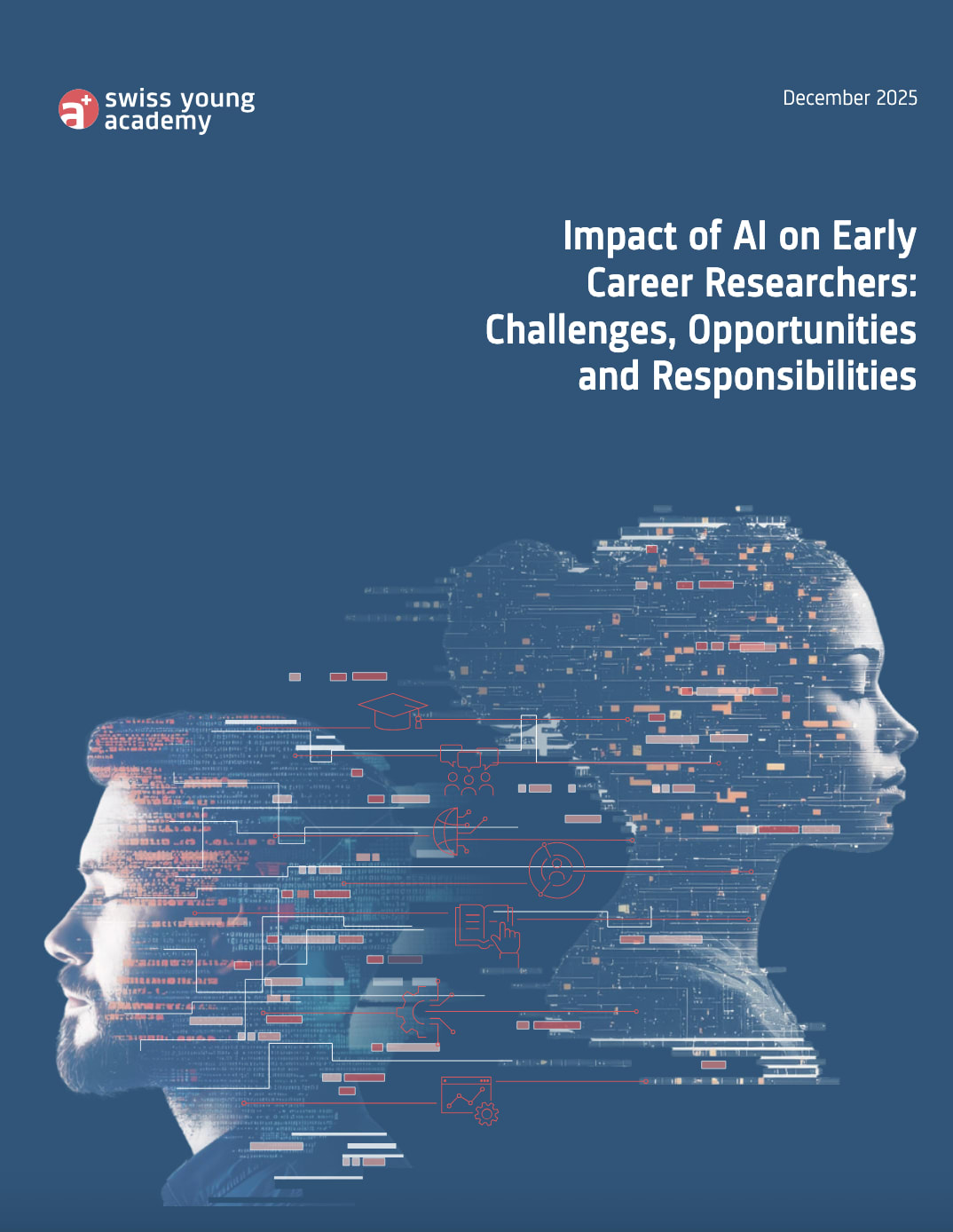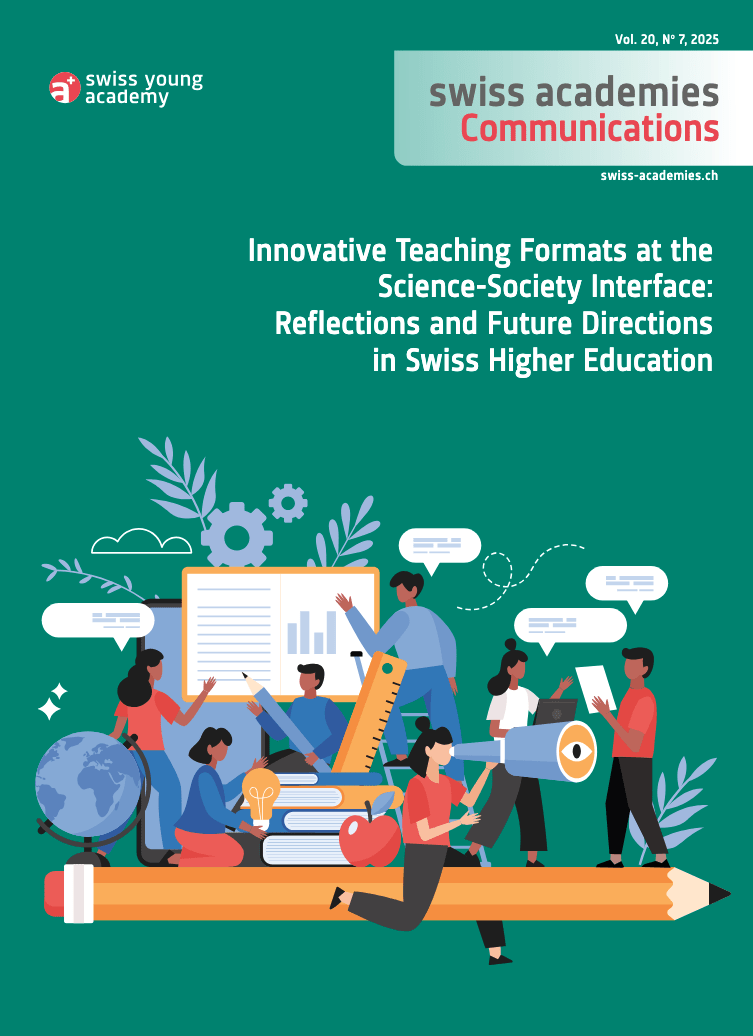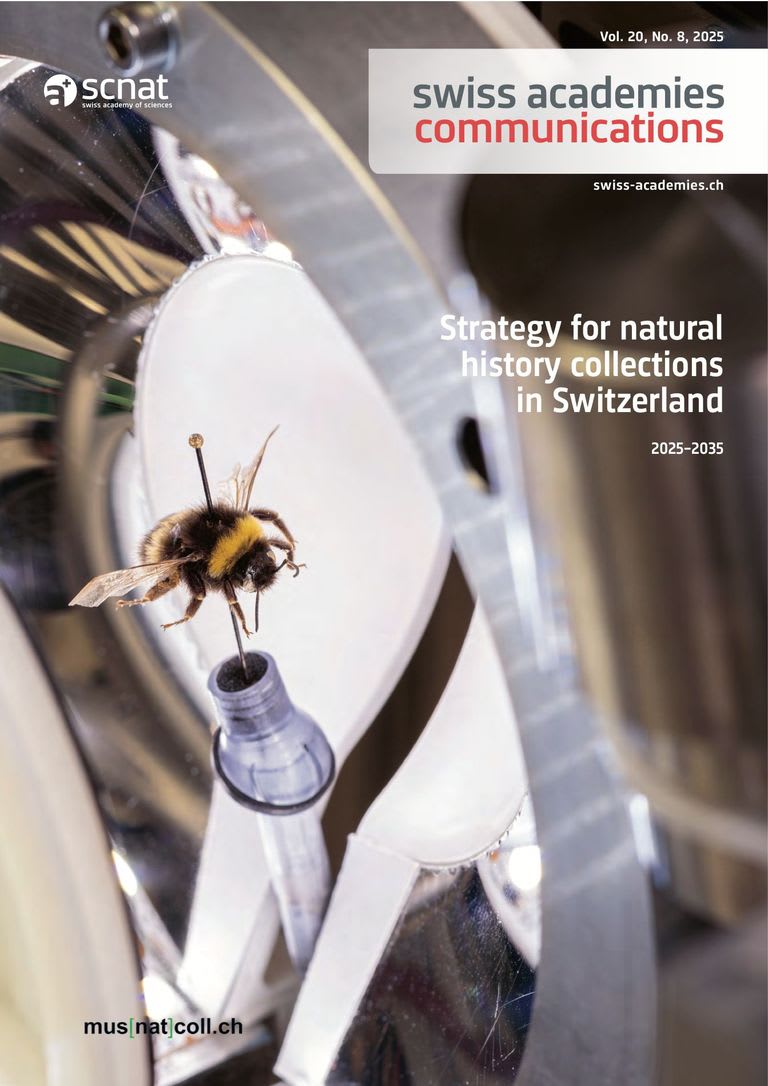Swiss Academies of Arts and Sciences
«La Suisse existe – La Suisse n’existe pas». Gesammelte Berichte zur Veranstaltungsreihe der SAGW und ihrer Mitgliedgesellschaften im mehrfachen Jubiläumsjahr 2015
SWISS ACADEMIES COMMUNICATIONS, VOL. 12, NO 4, 2017
Das mehrfache Jubiläumsjahr 2015 behandelte die Frage nach der Identität der Schweiz in vielerlei Art und Weise. In der Veranstaltungsreihe «La Suisse existe – La Suisse n’existe pas» haben die Mitgliedgesellschaften der SAGW die vielen verschiedenen «Schweizen» thematisiert und kritisch diskutiert. Auf der eigens dafür gestalteten Website www.lasuissenexistepas.ch sind die Berichte jeder Veranstaltung aufgeschaltet, auf unserer Webseite www.sagw.ch sind zu einzelnen Veranstaltungen Blog-Einträge verfügbar und in den SAGW-Bulletins erschienen gekürzte Fassungen der Berichte. Die vorliegende Publikation vereint die Berichte der Veranstaltungsreihe. Es ist vielleicht ein kleiner Schritt auf dem langen Weg nach einer Erklärung für die Existenz der Schweiz in ihrer heutigen Form.
Schweizerische Akademie der Geistes- und Sozialwissenschaften (2017) La Suisse existe – La Suisse n’existe pas. Swiss Academies Communications 12 (4).




